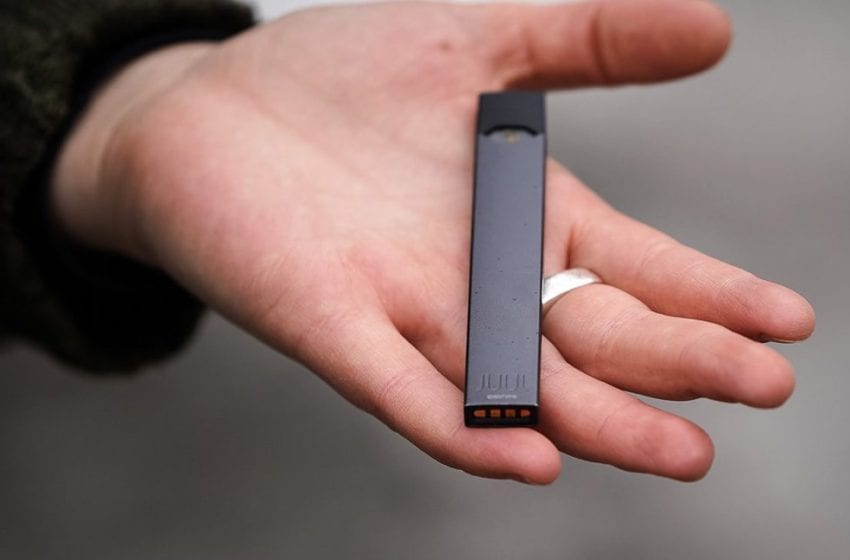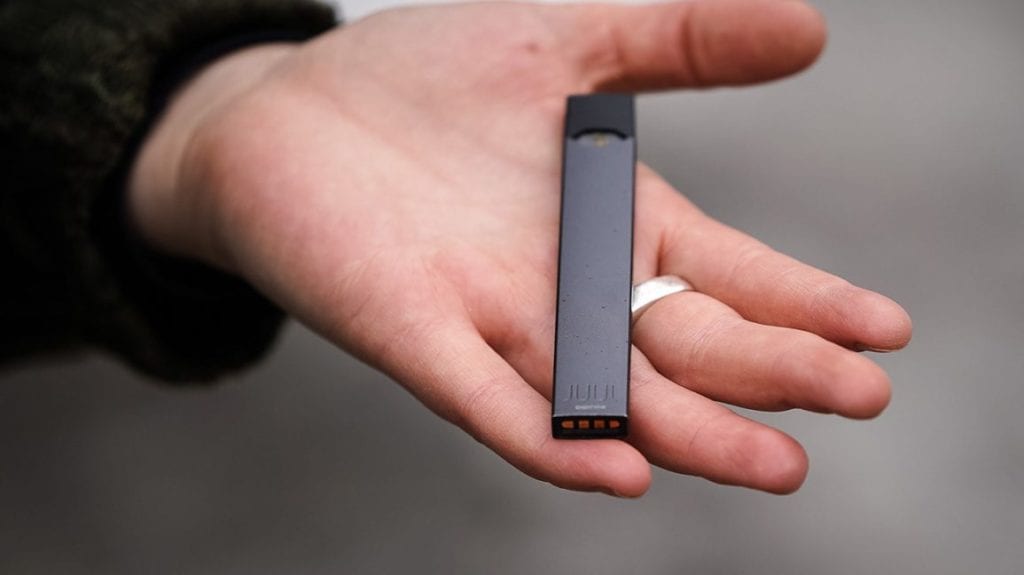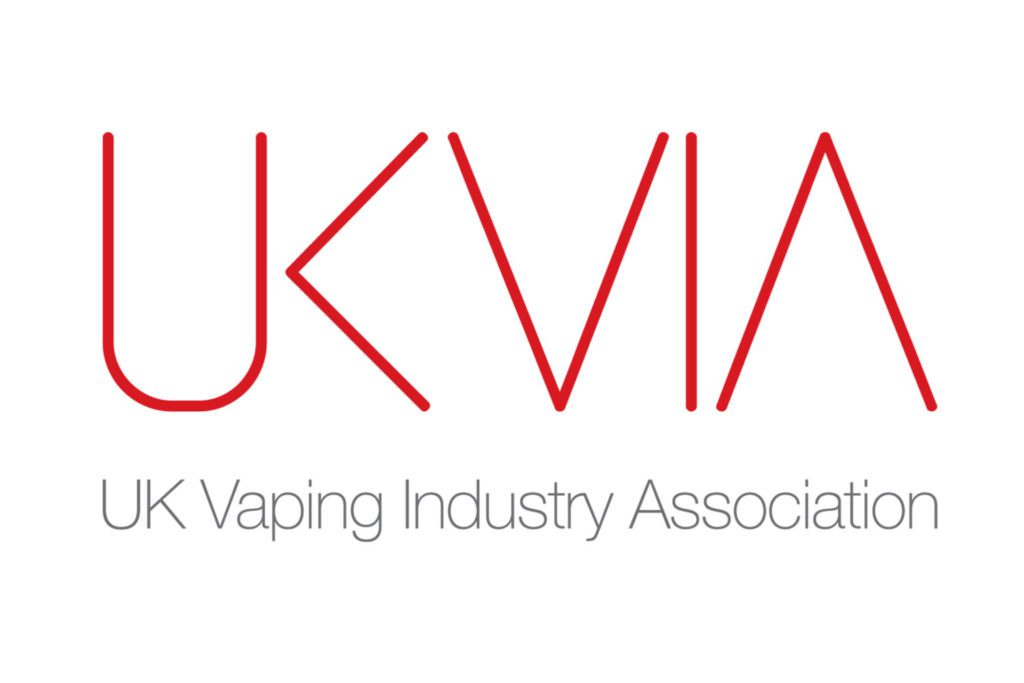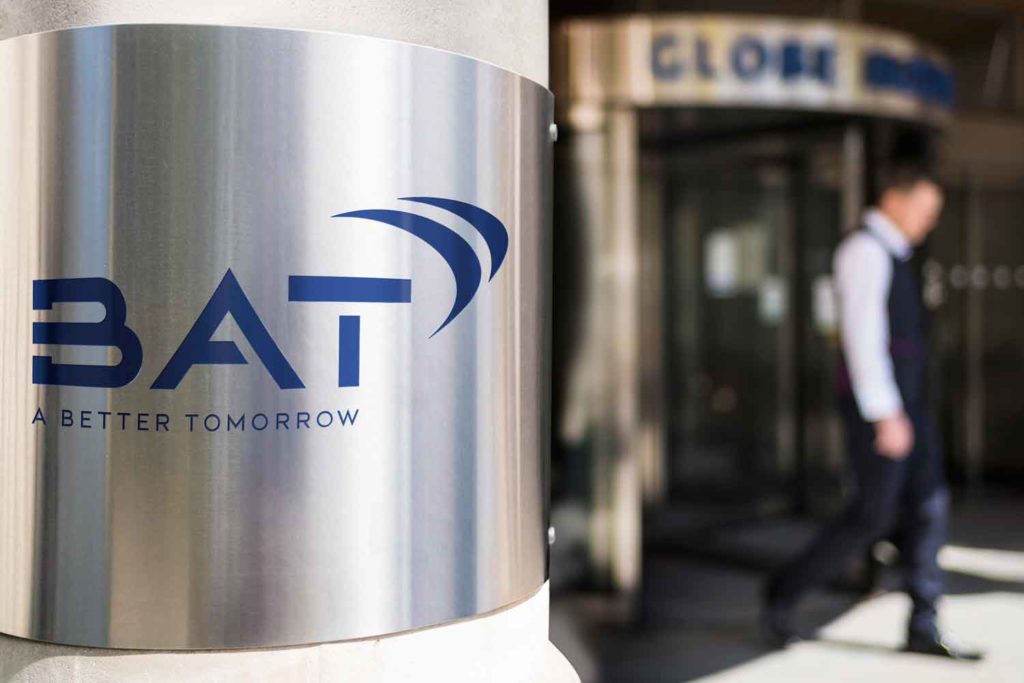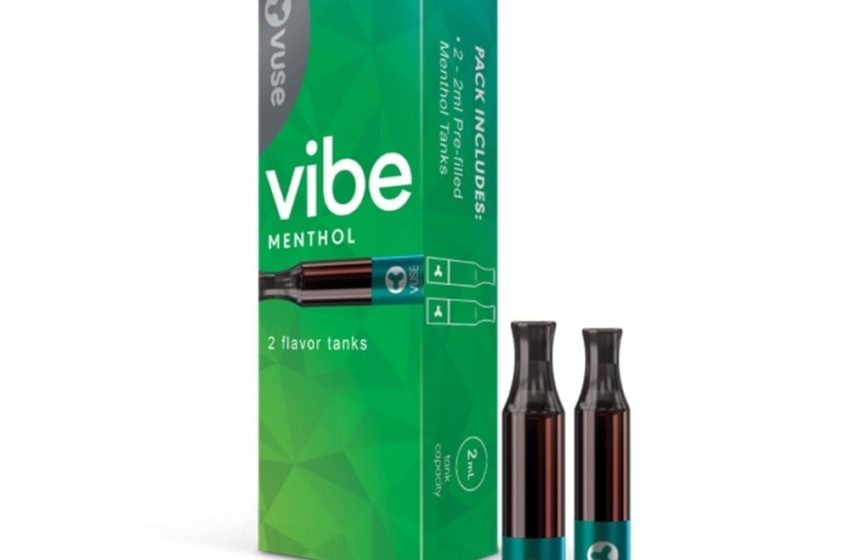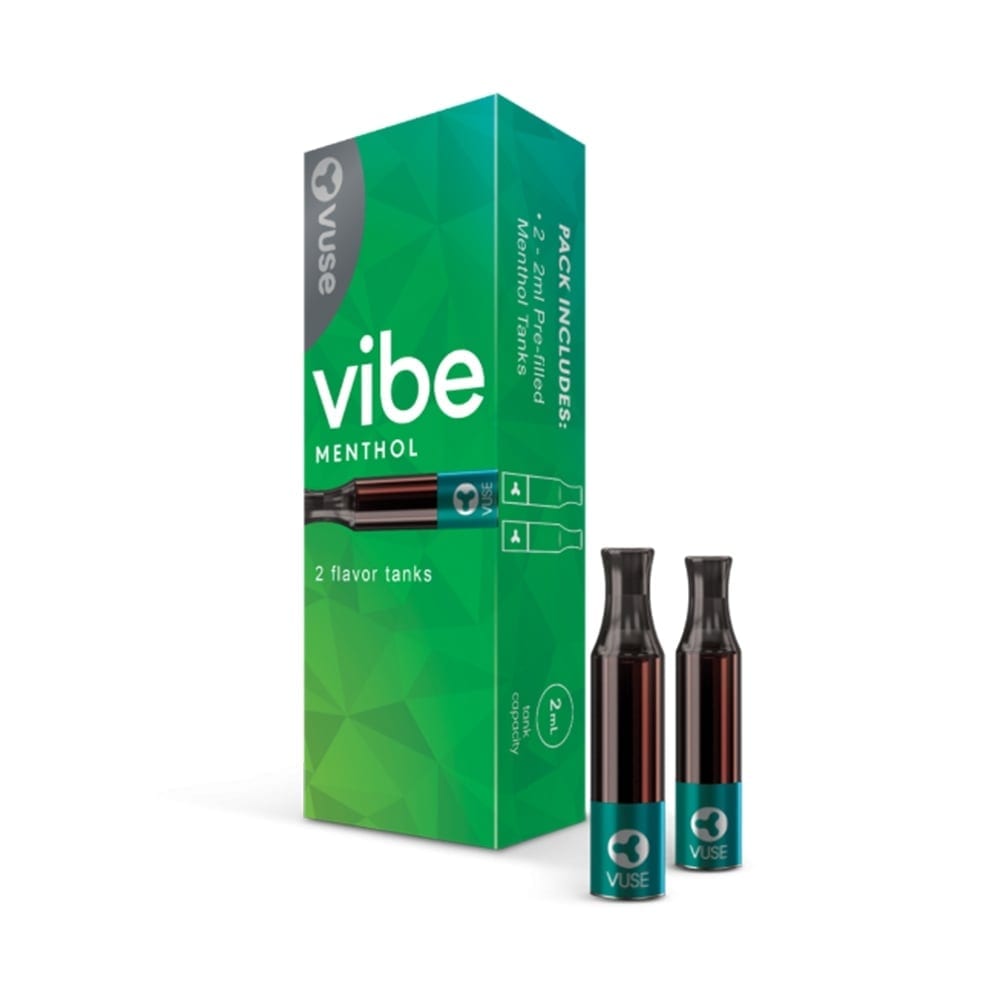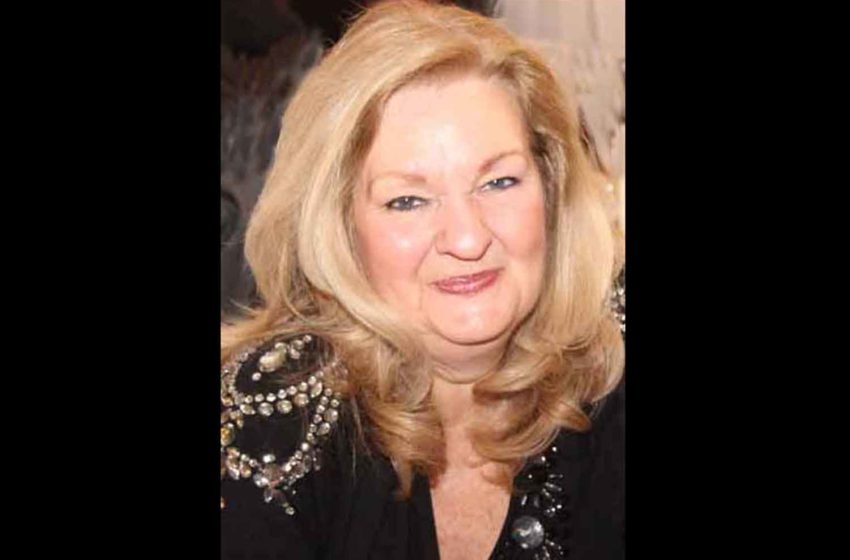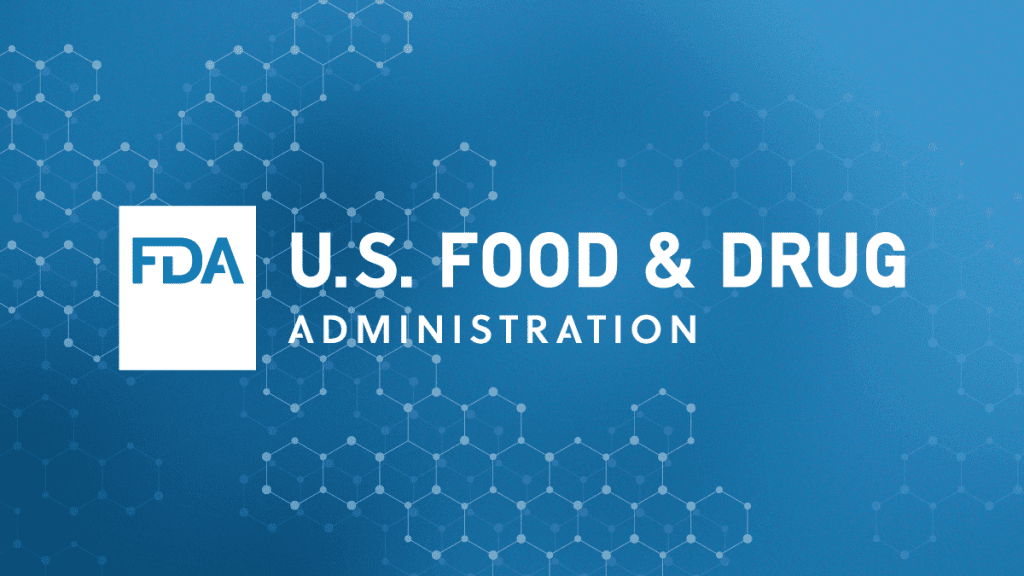
- “FDA Concludes that Existing Regulatory Frameworks for Foods and Supplements are Not Appropriate for Cannabidiol, Will Work with Congress on a New Way Forward”
The U.S. Food and Drug Administration has concluded that a new regulatory pathway for cannabidiol (CBD) is needed. The regulatory agency states it will seek guidance from the U.S. Congress. The new rules would need to balance individuals’ desire for access to CBD products with the regulatory oversight needed to manage risks, according to a press release.
The FDA is also denying three citizen petitions that had asked the agency to conduct rulemaking to allow the marketing of CBD products as dietary supplements.
“A new regulatory pathway would benefit consumers by providing safeguards and oversight to manage and minimize risks related to CBD products,” the release states. “Some risk management tools could include clear labels, prevention of contaminants, CBD content limits, and measures, such as minimum purchase age, to mitigate the risk of ingestion by children. In addition, a new pathway could provide access and oversight for certain CBD-containing products for animals.”
FDA Principal Deputy Commissioner Janet Woodcock stated that a working group she chaired on the subject of CBD regulations closely examined studies related to the CBD-based drug Epidiolex, published scientific literature, information submitted to a public docket, as well as studies both conducted and commissioned by the agency.
“Given the available evidence, it is not apparent how CBD products could meet safety standards for dietary supplements or food additives,” she stated. “For example, we have not found adequate evidence to determine how much CBD can be consumed, and for how long, before causing harm. Therefore, we do not intend to pursue rulemaking allowing the use of CBD in dietary supplements or conventional foods.
“CBD also poses risks to animals, and people could be unknowingly exposed to CBD through meat, milk and eggs from animals fed CBD. Because it is not apparent how CBD products could meet the safety standard for substances in animal food, we also do not intend to pursue rulemaking allowing the use of CBD in animal food. A new regulatory pathway could provide access and oversight for certain CBD-containing products for animals.”
Woodcock said the FDA will continue to take action against CBD and other cannabis-derived products to “protect the public, in coordination with state regulatory partners,” when appropriate.
The U.S. House Oversight Committee plans to grill U.S. Food and Drug Administration Commissioner Robert Califf about why the agency still hasn’t developed CBD regulations.
The FDA has said it is planning to release CBD guidance this year.


